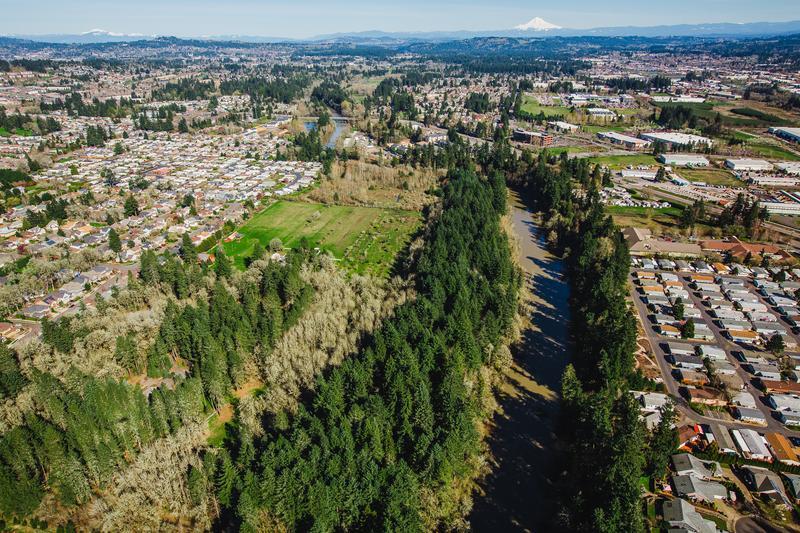In this episode of the “Clean Water Pod” podcast, listeners head to Oregon’s salmon-rich Tualatin River to learn about a unique approach to addressing temperature pollution. Host Jeff Berckes speaks with two professionals about the water quality trading credit program initiated to address the river’s Total Maximum Daily Load (TMDL) for temperature. They discuss why this watershed-scale program was selected and how it works, as well as the broader ecological benefits it provides.
Berckes is joined by Brian Creutzburg, alternative compliance specialist with the Oregon Department of Environmental Quality, and Jamie Hughes, program manager in the Regulatory Affairs Department at Clean Water Services.

The “Clean Water Pod” is available on most podcast platforms, including Apple Podcasts, Amazon Music and Spotify.
About The Clean Water Pod
Through perspectives and stories from across the country, the “Clean Water Pod” explores the challenges and successes of restoring and protecting water quality through the Clean Water Act 303(d) program.
This podcast is funded by a grant through the U.S. EPA and produced by Flip the Field and NEIWPCC.
Learn more about our work around the 303(d) program.